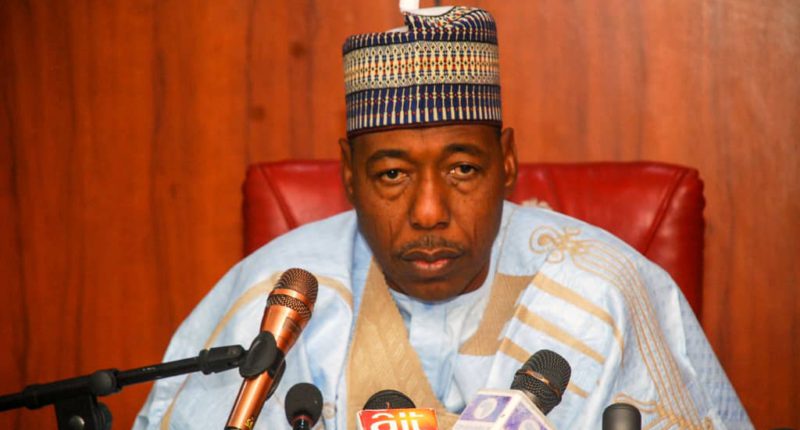Last Friday, Babagana Zulum, the governor of Borno State (one of the states most plagued by insecurity) identified poverty as one of the leading causes of the Boko Haram insurgency in the North-East region of Nigeria.
The state governor who disclosed in 2021 that members of the Boko Haram terrorist group have attacked him about 40 – 50 times claimed last week that there were direct links between poverty, criminality, and insurgency.
Why it matters
Governor Babagana Zulum’s remarks are an indicator that both the federal and state governments must work in sync to create an enabling environment for residents to find a source of livelihood. The governor’s remarks also recall the need for the government to address the over ten million out-of-school children in regions with little or no access to education; as these helpless children could end up in the hands of terrorist groups.
State of play
The National Bureau of Statistics (NBS) reported that 63 percent or 133 million Nigerians out of the country’s over 218 million people, were victims of multidimensional poverty. The report showed that children make up more than half of the poor people in the country.
The NBS report also pointed out that the Northern region of Nigeria alone accounted for 65 percent or 86 million poor Nigerians with Sokoto, Bayelsa, Jigawa, Kebbi, Gombe, and Yobe as the poorest states in the country. On the flip side, the southern region of Nigeria accounts for the remaining 35 percent or 47 million people living in poverty.

